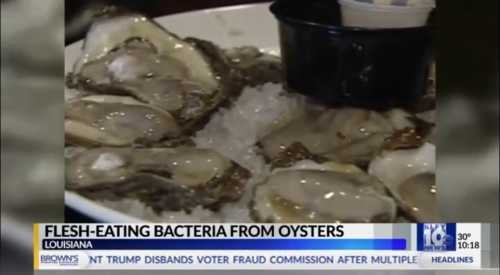Even A Little Alcohol Can Increase Cancer Risk, Surgeon Generals Advisory
In a new advisory released on Friday, U.S. Surgeon General Dr. Vivek Murthy has highlighted a critical health concern—alcohol consumption and its significant link to cancer risk. This advisory underscores the need for greater public awareness and a potential overhaul of health warning labels on alcoholic beverages.
Alcohol and Cancer: The Connection
According to the Surgeon General's office, alcohol ranks as the third-leading preventable cause of cancer in the United States, following tobacco use and obesity. The advisory details a well-established connection between alcohol and at least seven types of cancer: breast, colorectal, esophagus, liver, mouth, throat, and voice box. Crucially, the risk of developing these cancers persists regardless of the type of alcohol consumed, and it escalates with increased consumption.
Minimal Consumption, Significant Risk
Even minimal alcohol intake can elevate cancer risk. For cancers such as breast, mouth, and throat, the danger may begin with as little as one drink per day or even less. This finding stresses the importance of understanding that no level of alcohol consumption is completely free from cancer risk. However, individual cancer risk is also shaped by various factors, including genetic predispositions and environmental influences.
Public Awareness and the Need for Updated Labels
Dr. Murthy's statement revealed a startling gap in public knowledge. Despite alcohol being a preventable cause of cancer responsible for approximately 100,000 cases and 20,000 deaths annually in the U.S., most Americans remain unaware of this risk. These figures surpass the annual alcohol-associated traffic fatalities, which number around 13,500.
To bridge this awareness gap, Dr. Murthy has called for updated health warning labels on alcoholic beverages that clearly communicate the associated cancer risks. Implementing such changes would require legislative action and approval from Congress.
A Call to Action
This advisory is a crucial step in increasing public awareness about the dangers of alcohol consumption. By recognizing alcohol as a significant cancer risk factor, individuals can make more informed decisions about their drinking habits. Moreover, the proposed updated warning labels could serve as a vital tool in public health efforts, potentially reducing alcohol-related cancer cases and deaths in the future.
As discussions about updating health warning labels continue, it is imperative for both policymakers and the public to consider the profound implications of alcohol consumption on health. Dr. Murthy's advisory aims to ignite this conversation, emphasizing the importance of preventive measures and informed choices in combating cancer.



 Report a concern
Report a concern

 Add Comment
Add Comment



